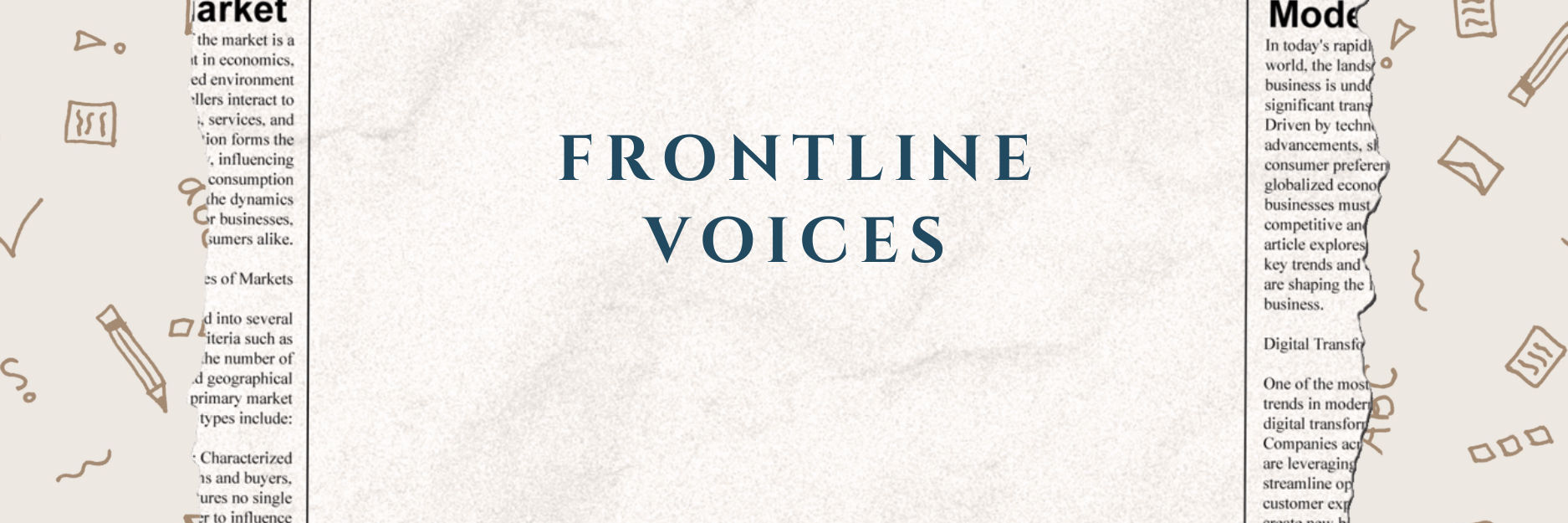California Collaborative for Learning Acceleration (CCLA) is designed to strategically leverage the expertise around learning acceleration across the state in order to provide resources and support that can be accessed by every educator. Led by the Santa Clara County Office of Education in partnership with six CCLA county regional hubs, CCLA provides free online courses, statewide workshops, and annual summits for leaders, educators, and paraeducators. CCLA also offers targeted site-specific professional learning and coaching to build capacity in evidence-based accelerated learning strategies, such as small group instruction, tutoring, and focusing on key content. We are excited to share the following CCLA resources and collaboration opportunities in math, literacy, and language development to help educators accelerate learning for all students!
BRIDGES to Learning Acceleration
One of CCLA’s signature tools is the BRIDGES to Learning Acceleration Framework, a seven-component model that highlights best practices and helps educators connect their current approaches with new strategies to enhance accelerated learning. By using the BRIDGES framework, educators can strengthen instructional practices and more effectively meet the diverse needs of students.
CCLA Canvas Courses
CCLA also offers flexible, self-paced Canvas courses in math, literacy, and language development. These courses emphasize culturally sustaining pedagogy, social-emotional learning, and support for multilingual learners while equipping educators to expand access to grade-level content. Participants may use the courses for individual professional growth or to earn graduate-level credit, making them a versatile option for professional learning. Complete the interest form for enrolling in the Canvas Course.
Statewide Virtual Workshops
In addition, CCLA continues to host statewide virtual workshops that provide targeted professional learning and collaboration opportunities for all California educators. These sessions combine the sharing of evidence-based methodologies with dedicated time for educators to collaborate, exchange ideas, and strengthen their practice. Workshop topics include learning progressions, comprehension, and culturally responsive pedagogy, giving educators practical strategies they can apply immediately in their classrooms. (Math workshop Registration | Literacy Workshop Registration).
By helping school systems and leaders adopt learning acceleration mindsets and practices, CCLA is committed to promoting student success. Please visit the CCLA website to learn about additional opportunities including the upcoming 2026 Summit and don’t forget to subscribe to the CCLA newsletter!



